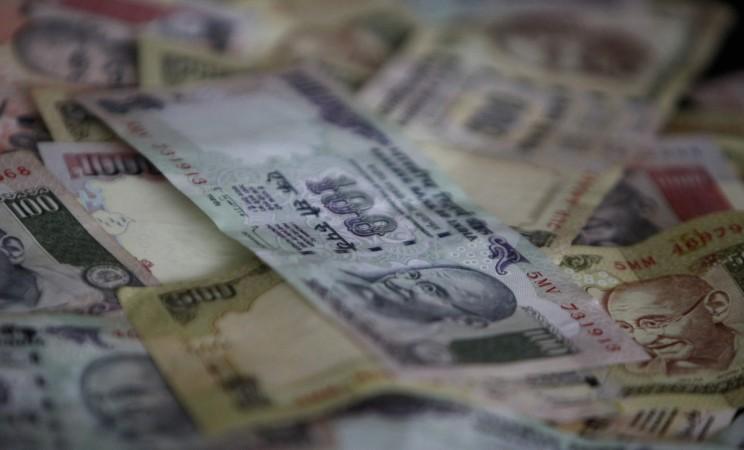
Geopolitical concerns dog investors more than the myriad domestic issues. Brexit, the future of European Union, and public debt and foreign exchange volatilities arising from the many globally protracted crises affect investor sentiments on the upside, noted India Ratings and Research (Ind-Ra) in a survey of fixed income investors.
Nearly one third of the investors wanting to invest in the country in 2016-17, said they feared geopolitics more than domestic issues when it comes to setting the scope for credit outlay.
With Brexit referendum behind us, the actual process of Britain exiting (or after Exit) is potentially more threatening for global growth, and especially capital flows into India. The possible impact on Indian currency and the domino effect on trade and current account growth are more worrying, noted the research agency.
Domestic Issue
Though a good monsoon and hike in salaries of government employees (after nearly a decade) will play out on India's credit structure only in the second half of 2016, the determining local factor remains to be the deteriorating asset quality of the banks.
Eighty-five percent of investors felt a further rise in bad loans could put at risk the country's credit markets and banks' credit quality. With central bank-sought asset quality review (AQR) underway, the results would add more pressure on credit costs especially from India's state-owned banks, which are the prime engines of the economy with their credit disbursal mechanisms.
Majority of investors surveyed think bad loan stress is expected to end by 2018; however, a substantial minority suspects the stress resolution year to extend beyond 2019. Ind-Ra too predicts the stress from bad-loans to ease by FY2019, but the slippages to be reduced a year earlier.
It highlighted that the banks have already provisioned higher covers for companies from the deeply stressed cyclical sectors. For infrastructure assets, which are considered too risky to be provisioned, the Reserve Bank has come up with schemes such as Sustainable Structuring of Stressed Assets (S4A).
For FY 2017, the survey noted that the credit conditions for companies are expected to deteriorate. The emerging ones with turnover below Rs. 5 billion is expected to experience refinancing issues.
Driven by all these factors, investor community is expected to take cover under Government Securities (G-SEC) for more time. They "will remain relatively credit risk averse in 2016" banking heavily on G-Secs, predicted Ind-Ra.
Maintaining a constructive view on government bond yields, the research firm said the trend in G-Sec hoarding will continue given that RBI's durable liquidity injection will favour a demand-supply condition and its liquidity easing will push lower the yield curve.









!['Had denied Housefull franchise as they wanted me to wear a bikini': Tia Bajpai on turning down bold scripts [Exclusive]](https://data1.ibtimes.co.in/en/full/806605/had-denied-housefull-franchise-they-wanted-me-wear-bikini-tia-bajpai-turning-down-bold.png?w=220&h=138)



